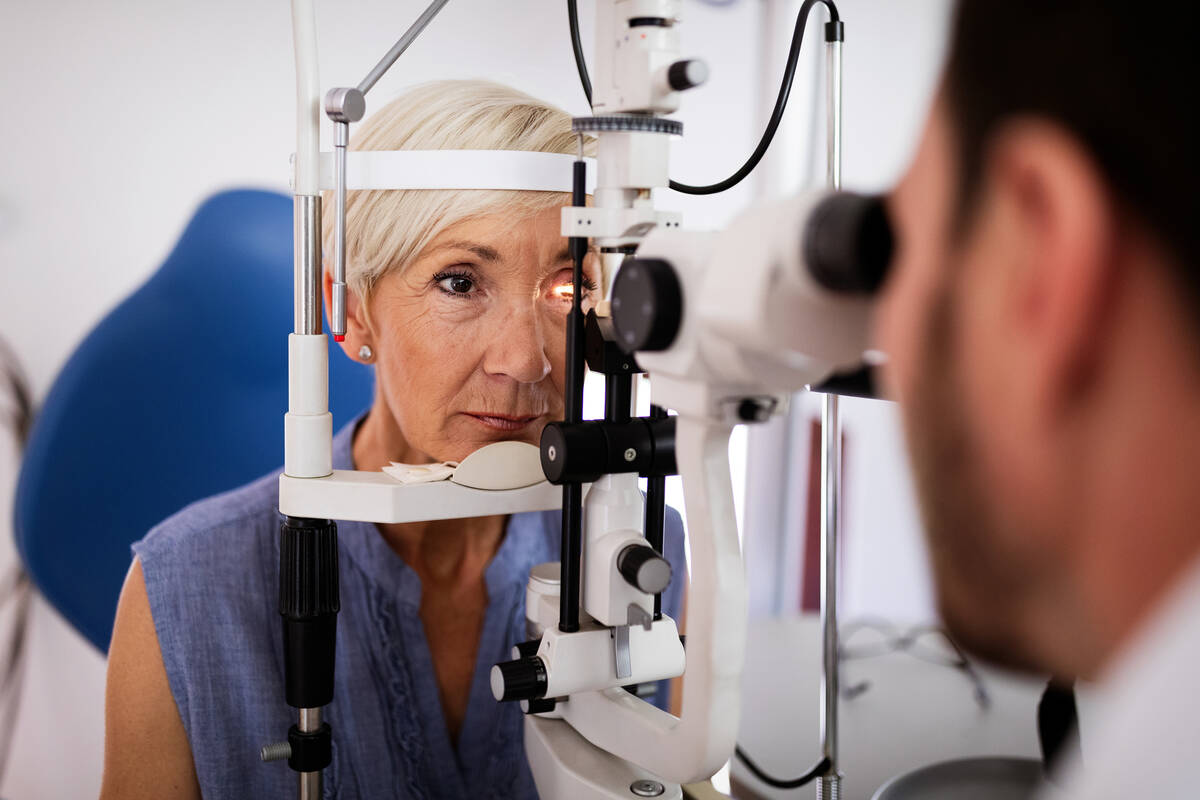Savvy Senior: Are you at risk to develop glaucoma?
Dear Savvy Senior: What can you tell me about the eye disease glaucoma? My older brother was recently diagnosed with it and lost some of his vision, but he never had a clue that anything was wrong. Could I be at risk, too? — Stressed Sibling
Dear Stressed: Yes, having an immediate family member with glaucoma significantly increases your risk of developing it, but there are also other risk factors you need to be aware of.
What is glaucoma?
Glaucoma is a group of eye diseases that can damage the optic nerve and cause vision loss and blindness if not treated. This typically happens because the fluids in the eye don’t drain properly, causing increased pressure in the eyeball.
But the scary thing about glaucoma is that with no early warning signs or pain, most people who have it don’t realize it until their vision starts to deteriorate.
While there are two main types of glaucoma, the most common form that typically affects older adults is called open-angle glaucoma. This disease develops very slowly when the eye’s drainage canals become clogged over time, leading to blind spots in the peripheral or side vision. By the time you notice it, the permanent damage is already done.
Are you at risk?
It’s estimated that more than 3 million Americans have glaucoma, but that number is expected to surge to more than 6.3 million by 2050. If you answer yes to any of the following questions, you are at increased risk of developing it:
■ Are you African American, Hispanic/Latino American or Asian American?
■ Are you over age 60?
■ Do you have an immediate family member with glaucoma?
■ Do you have diabetes, heart disease, high blood pressure, migraines or have extreme nearsightedness or farsightedness?
■ Have you had a past eye injury?
■ Have you used corticosteroids for long periods of time?
What to do
Early detection is the key to guarding against glaucoma. So, if you are 40 or older and have any of the previously mentioned risk factors, especially if you are African American, you need to get a comprehensive eye examination every 18 to 24 months. Or, if you notice some loss of peripheral vision, get to the eye doctor right away.
If you’re a Medicare beneficiary, annual eye examinations are covered for those at high risk for glaucoma. Or, if you don’t have vision coverage, contact EyeCare America, a national public service program that provides free glaucoma eye exams through a pool of more than 4,600 volunteer ophthalmologists. Visit AAO.org/eyecare-america or call 877-887-6327 to learn more.
While there is no cure for glaucoma, most cases can be treated with prescription eye drops, which reduce eye pressure and can prevent further vision loss. This cannot, however, restore vision already lost from glaucoma. If eye drops don’t work, your doctor may recommend oral medication, laser treatments, incisional surgery or a combination of these methods.
For more information on glaucoma, visit the National Eye Institute at NEI.nih.gov and the Glaucoma Research Foundation at Glaucoma.org.
Send your senior questions to: Savvy Senior, P.O. Box 5443, Norman, OK 73070, or visit SavvySenior.org.


















